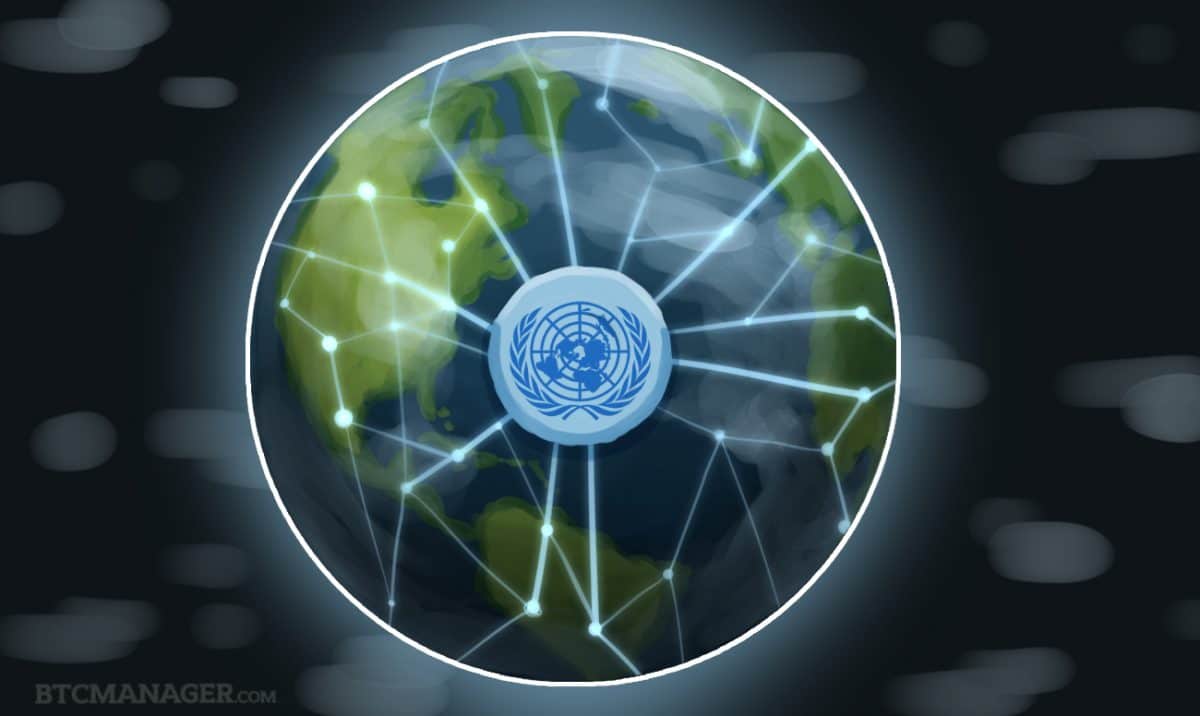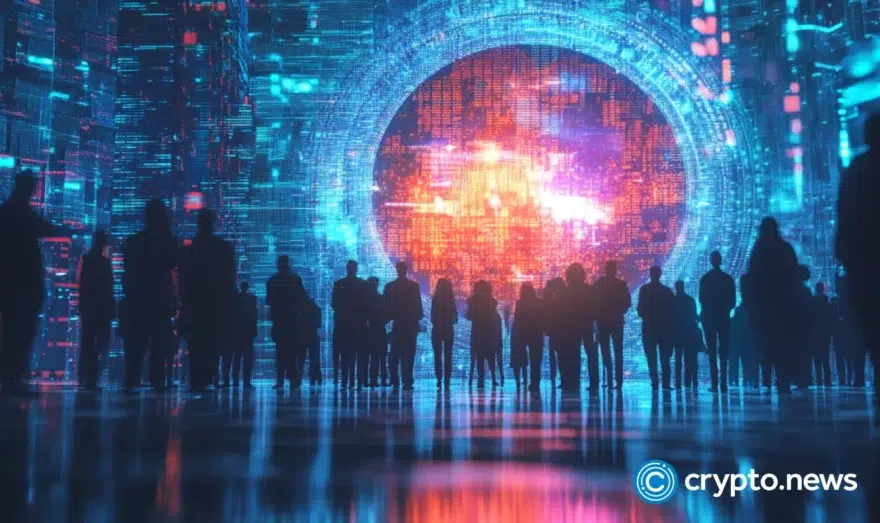UN Looks at the Blockchain to Address Social Injustice and Lack of Global Inclusion

In a somewhat surprising turn of events, the United Nations discussed blockchain technology on October 15, where a preview of their meeting agenda surfaced online, which touches upon many different pressing matters. One of the top priorities for the UN is to work towards peaceful and inclusive societies, which will require powerful technology to achieve. Distributed ledgers have their role to play in this development, although specific details remain scarce for now.
The United Nations Want To Discuss Blockchain
Although the United Nations Agenda does not refer to blockchain technology in a specific setting, it is evident the topic was touched upon. One of the main agenda points is to promote inclusion, be it financial, social, religious, or otherwise. In this day and age of technological developments, a special focus will be placed on which technologies can be used to achieve that goal.
There is one particular use case for distributed ledgers that comes to mind almost immediately. The UN wants to establish a transparent government, as well as provide a “legal identity” for everyone around the world. In developing nations, this is direly needed, as quite a few people are never officially recorded in the archives as being born. This leads to all kinds of trouble down the line, even though it could all be easily avoided with the proper tools.
Although these plans are only scheduled to go into effect by 2030, it will take a few years to establish a trustworthy and transparent system for birth registration. After all, this new project will need to offer inclusion to everyone on the planet, rather than those who have access to specific services. Finding common ground will be a challenge, although blockchain technology can alleviate a lot of potential problems. That is, assuming the UN wants to use a blockchain that can be accessed by anyone, rather than “trusted parties.”
But that is not the only use case, as the United Nations agenda will also focus on removing corruption from governments. For the longest time, politicians and government officials have been associated with bribery, a situation that direly needs to be addressed. Unfortunately, there is no sufficient transparent system available right now to take this idea to the next level. Once again, distributed ledgers will have their role to play here, as the technology can create accountable and transparent institutions at any level.
It is not the first time the United Nations show their interest in blockchain technology, though. A few weeks ago, a spokesperson mentioned the UN is working on a few different blockchain initiatives. While there is a possibility they will also explore the option of managing funds on a blockchain in the future, that does not seem to be a top priority right now. The possibilities for distributed ledgers are virtually limitless, but one should never bite off more than they can chew at the early stages of research and development.
For now, the specifics of how blockchain technology will be implemented remain a bit vague. That is only normal, as these are only the first steps being taken towards exploring what this technology has to offer. At the same time, knowing it is on the official United Nations agenda is a major vote of confidence for blockchain technology as a whole.














